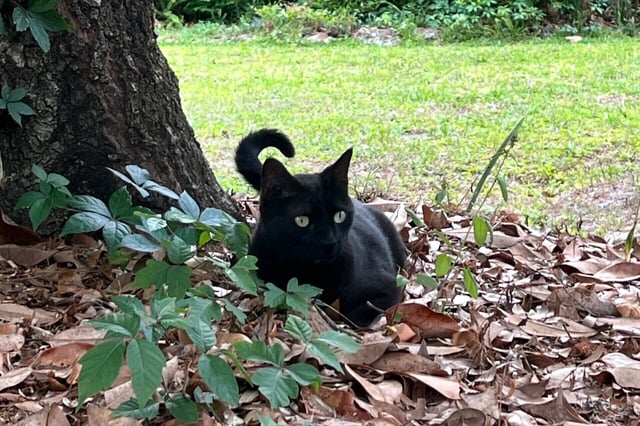Overview
- In July, Pepper the pet cat brought home an Everglades short-tailed shrew that was found to harbor a previously unidentified orthoreovirus strain.
- Researchers sequenced the virus’s full genome and published it in Microbiology Letters under the name Gainesville shrew mammalian orthoreovirus type 3 strain UF-1.
- Mammalian orthoreoviruses are known for rapid mutation and can reassort like influenza, with rare links to encephalitis, meningitis and gastroenteritis in children.
- Led by John Lednicky and Emily DeRuyter, the University of Florida team is now investigating UF-1’s pathogenic potential in humans and companion animals.
- Pepper’s 2021 discovery of a novel jeilongvirus highlights the value of opportunistic wildlife sampling in early detection of emerging zoonotic threats.

